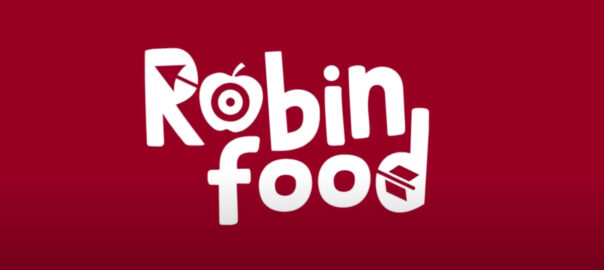Annual revenues in the food service market are expected to plummet to 50% this year. At the same time food surpluses are skyrocketing. It is a direct effect of Covid-19 measures as the food service market has almost come to a full stop. With the Robin Food initiative StartLife aims to rescue food from going to waste and help food startups to survive the crisis by developing new food products from food surpluses.
Due to quality and compliance restrictions the food supplies that were intended for restaurants, cafes and similar food businesses cannot be easily transferred to supermarkets and other food retailers. So what to do with all this food surpluses? At StartLife, the Dutch startup accelerator that is tied to the agricultural university in Wageningen, they believe the answer lies in the combination of the innovative power of startups and the mass scale of large retailers. “We are all in this together. If we leverage the strength of all parties involved we can turn this problem into an opportunity.” says Loet Rammelsberg, Program Director of StartLife.
Rammelsberg: “We have joined the Robin Food project to tackle the rising amount of food surpluses and open up new sales channels for food(tech) startups that were heavily hit by the corona-crisis. We support the startups with the development of new food products in collaboration with large retailers and numerous field experts in our agrifood network.’
Carla van Heck, Food Startup Scout of StartLife adds: “Aside from the chance to develop new food products the supported startups are also offered a unique opportunity to quickly scale their production from hundreds to thousands of consumers with certified products that abide to all food retail regulations. It is a great opportunity for food startups to build new business, recover vital revenues and contribute to reducing food waste at the same time.”
‘StartLife has a lot of experience with supporting startups to bring their disruptive and sustainable ideas to the market. So we are really happy to have them on board in the project”, says Drees Peter van den Bosch, responsible for Innovation at the Verspillingsfabriek, and also partner in the Robin Food project.
The Robin Food project is supported by funding from EIT Food, the European Institute for Innovation and Technology in Food.
